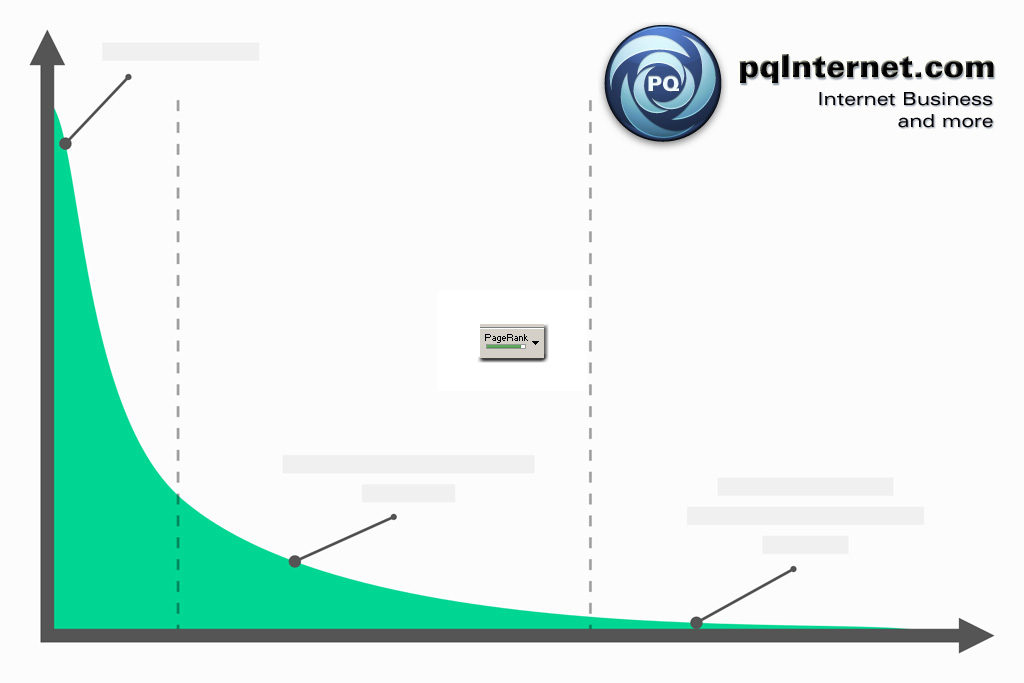
In my post The Frustration of Trying to Make Money Online, item # 6 on my list is Don’t give a hoot about Google Page Rank.
There’s a common path that people take as they’re learning about doing business on the internet. At some point, they discover SEO (Search Engine Optimization)… the process of making your web site pages rank better for certain search terms. In other words, if you’re selling real estate, you want your site to come up in the first page or so in Google (or Yahoo, Bing, or Yandex) when someone searches on real estate and the city or area you work in. If you’re selling custom made baseball bats, you want your web site to come up on the first page when someone searches on custom made baseball bats. The whole process of selecting the keywords that are pertinent to your business and making your pages rank well is called Search Engine Optimization (SEO for short).
There are many factors that affect your ranking in a particular search engine. They all have different algorithms (formulas) that are used to rank web pages. Well, Google has their own, as does Bing, and Yandex, but Yahoo uses Bing (I think), and DuckDuckGo uses Yandex. If ranking well in more than one is important to you or your business, then you may need to create multiple web sites. It takes a lot of work to rank well, there’s no magic button.
You can read the various posts about Search Engine Optimization I’ve made in the SEO category of this blog, they’re very helpful. Also get my SEO Brain Dump for the best SEO information.
What is Google Page Rank?
So what is Google Page Rank, often abbreviated to PR? It’s an algorithm that gives a numeric score between 1 and 10 to a web site. It was created by Larry Page, that’s why it’s named Page Rank! Its algorithm looks at the number a quantity of links point to a site and a number of other factors to determine the ranking.
Google used to put the page rank of the site you were viewing in the Google Toolbar, but they no longer do that. There used to be a specific URL you could use, passing in the website you wanted to know the PR for, and it would return the PR – they no longer do that either. My understanding is that Google still uses the PR figure internally.
Until Next Time,
Fred

 [addtoany]
[addtoany]